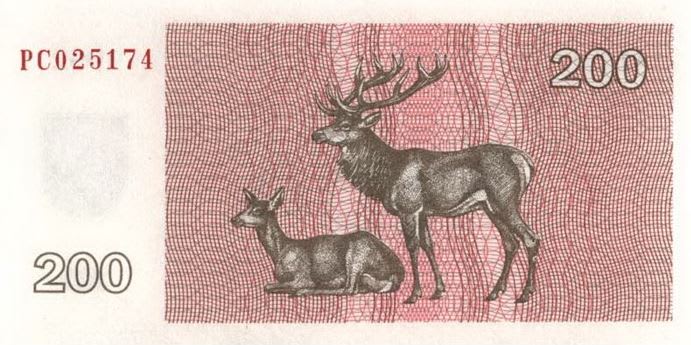These grand mammals engage in a ritual that’s as old as the wilds themselves, where male elks compete for supremacy and the attention of potential mates. This competition involves their impressive antlers, used not just for show but as tools in a wrestling-like battle for dominance. This event, which one might whimsically dub “Elk-Do,” is a test of strength, stamina, and strategy, with the victor claiming not a medal or monetary prize but something arguably more valuable in the wild: the opportunity to mate and pass on their genes. The winning elk’s celebration is not quiet; it involves loud, bugling calls that resonate through the air, both as a declaration of victory and an attraction to females.
Elks inhabit the transitional zones between forests and open lands, thriving in environments where grasses, plants, and leaves are abundant. Their diet is diverse, allowing them to live in a variety of habitats. However, despite their adaptability and majestic presence, elks face several threats that jeopardize their survival. Diseases pose a natural threat, but the challenges of habitat loss and hunting have escalated the danger to their populations. The encroachment of human development into their natural habitats reduces the spaces where elks can live and feed, leading to smaller populations and diminished genetic diversity.
Hunting, particularly, has been a contentious issue. While regulated hunting can be part of wildlife management, illegal hunting and poaching have had devastating effects on elk populations. Some individuals still see these noble creatures as trophies or sources of profit, disregarding the ecological balance and the intrinsic value of their lives. It’s a stark reminder of the complex relationship between humans and wildlife, where admiration and preservation often clash with exploitation and harm.
Distribution
 Bhutan
Bhutan Canada
Canada China
China Italy
Italy Kazakhstan
Kazakhstan Kyrgyzstan
Kyrgyzstan Mexico
Mexico Official estimate
Official estimate
 Mongolia
Mongolia New Zealand
New Zealand Russia
Russia United States
United States Official estimate
Official estimate
Anything we've missed?
Help us improve this page by suggesting edits. Glory never dies!
Suggest an editGet to know me
Terrestrial / Aquatic
Altricial / Precocial
Polygamous / Monogamous
Dimorphic (size) / Monomorphic
Active: Diurnal / Nocturnal
Social behavior: Solitary / Pack / Herd
Diet: Carnivore / Herbivore / Omnivore / Piscivorous / Insectivore
Migratory: Yes / No
Domesticated: Yes / No
Dangerous: Yes / No
Elk on banknotes






